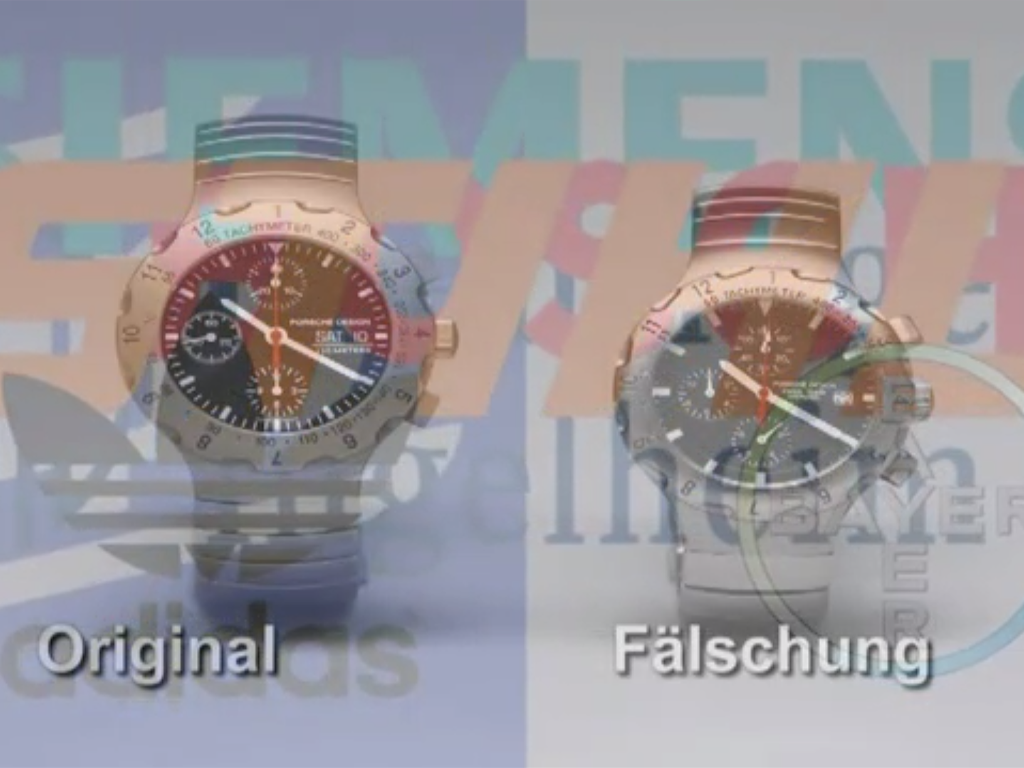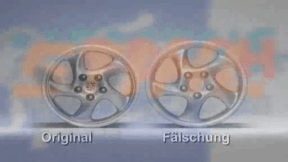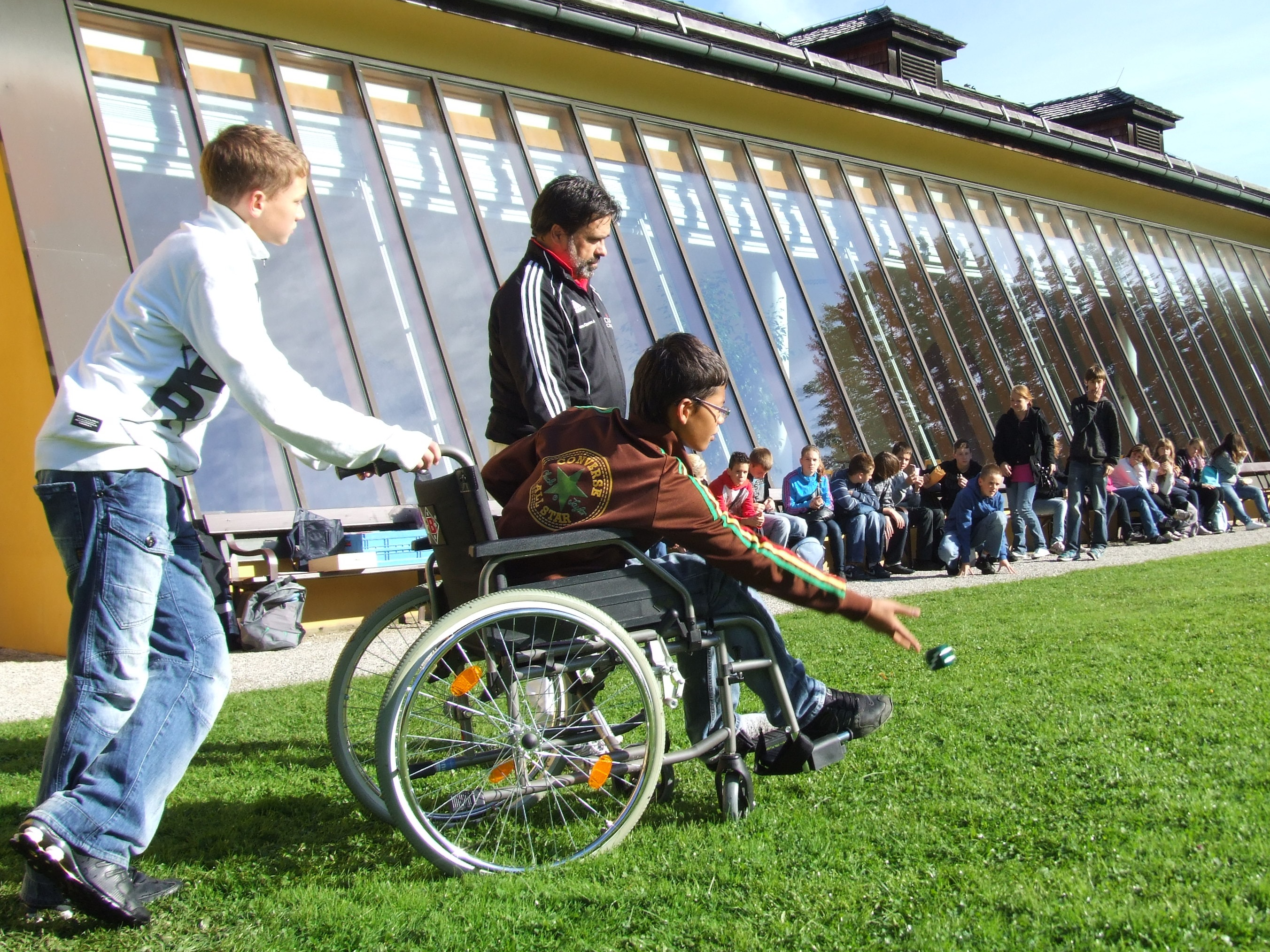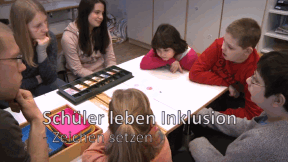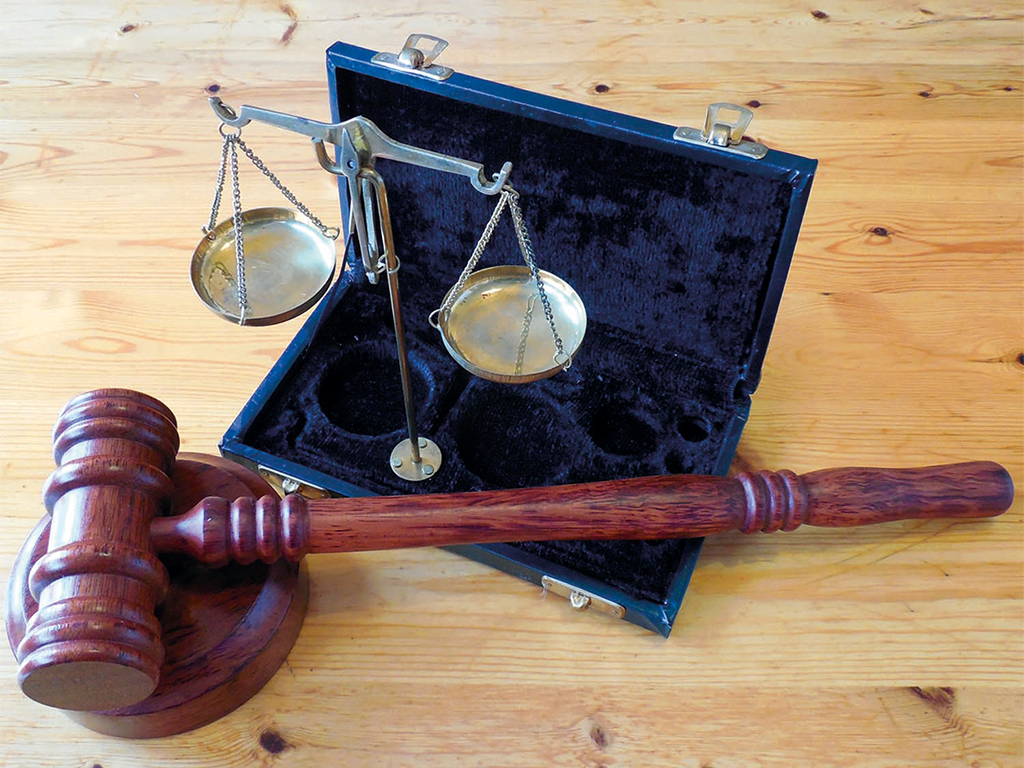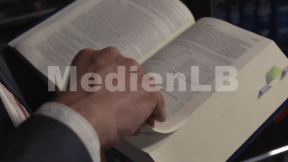 History
History
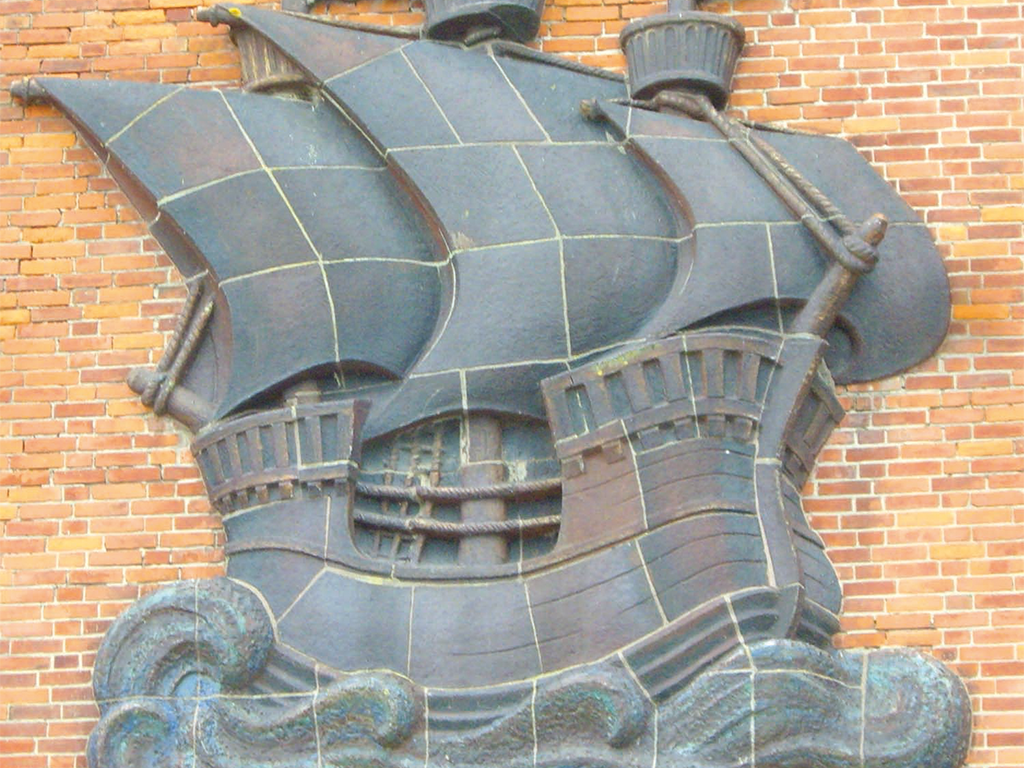

46500896 / 55500652
Hansa
League of Towns and Economic Power
Since the 11th century the population in Europe was growing. The reason for it was, among other things, an increase in agricultural production due to a good climate.
A period of town foundations began which lasted over 300 years.
The trading settlement of Lübeck was founded in the Baltic Sea region as a rival to Schleswig.
Due to its favourable location the new town rapidly attracted more and more merchants.
The revenue from trade clearly exceeded the taxes from the peasants and therefore the rulers encouraged trade.
The growing population in Europe could not or did not want to provide themselves with locally available products. As a result, long-distance trade became an increasingly profitable business.
Especially the upper sectors of the population were supplied with luxury goods.


Curriculum-centred and oriented towards educational standards
Matching
Product Piracy
Counterfeiting takes place in almost all economic sectors – textiles, watches, car parts, machine parts, tools, accessories, software and medicines. Some counterfeits are easy to recognise, others are so well-executed that even experts have difficulty distinguishing between original and imitation. This DVD covers the development of a product from idea to manufacture. Once a product has become a trademark, product pirates appear on the scene.
Pupils Practise Inclusion
When people come together, no matter under what concomitant circumstances – ultimately, it is about how these people meet and how openly they interact with one another.




